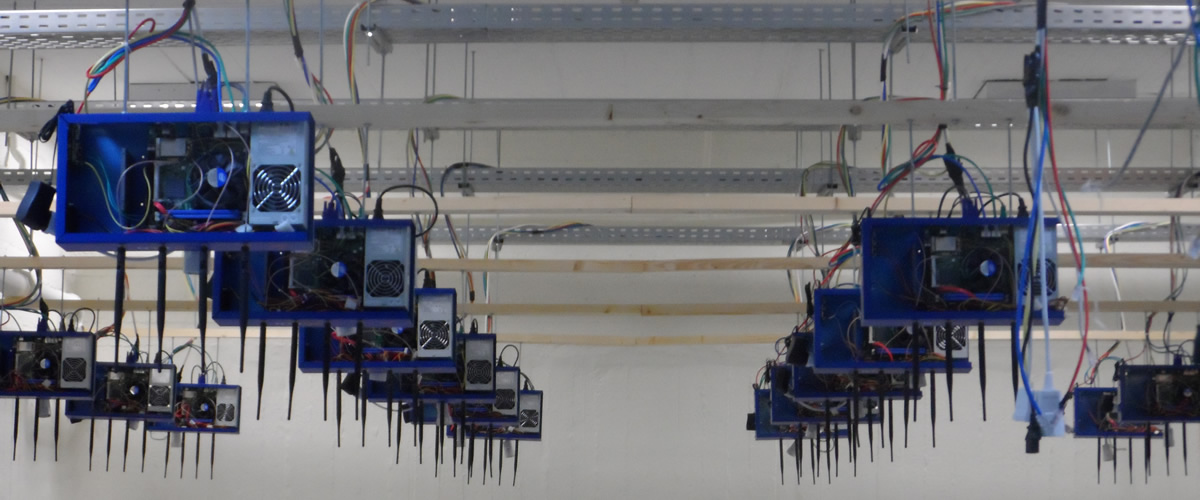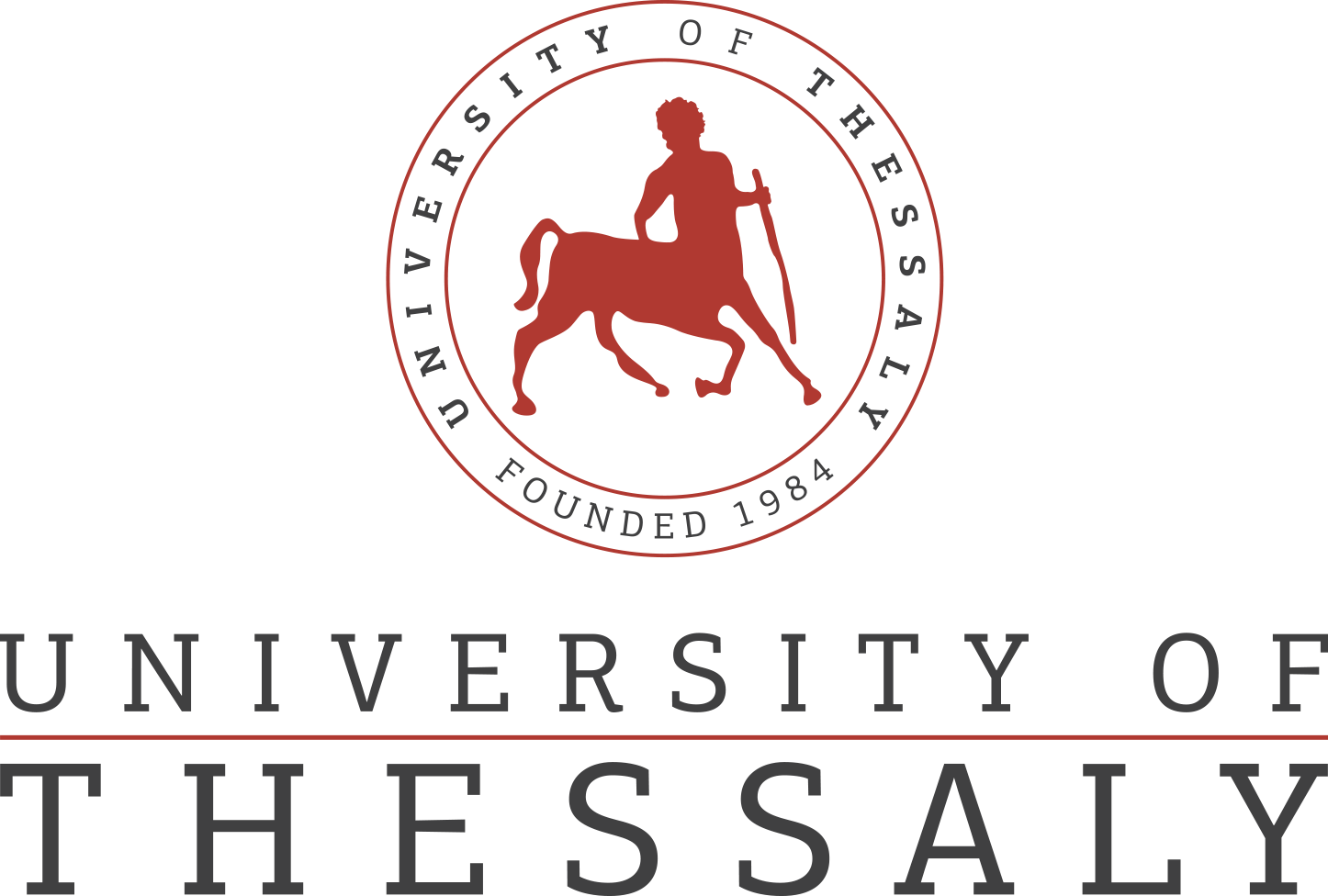OneLab
The OneLab project provides an open federated laboratory, built on PlanetLab Europe, which supports network research for the Future Internet.
Alongside networking research, experimentally-driven research is key to success in exploring the possible futures of the Internet. In PlanetLab Europe, the OneLab project provides an open, general-purpose, shared experimental facility, both large-scale and sustainable, which will allow European industry and academia to innovate today and assess the performance of their solutions. OneLab also aims to develop strong international partnerships, in order to explore and experiment with the concept of ‘federation'.
The second phase of the OneLab project, OneLab2, started on September 1st, 2008, and will run for 27 months. It builds on the original OneLab project's foundations, continuing work on the PlanetLab Europe testbed, increasing its international visibility and extending it in both functionality and scale.
PlanetLab Europe (PLE) extends the PlanetLab service across Europe, federating with other PlanetLab infrastructures worldwide. New features and technologies will be integrated into the system as and when they become available. In particular, the OneLab project will enhance the testbed-native network monitoring service that supports experiments, and will cooperate with potential customers by directly involving pilot projects to test novel ideas under synthetic or real-world situations. OneLab will build PLE gateways to unusual, cutting-edge networking environments, and push forward a federation model, so that PLE can serve as a basis for a future highly heterogeneous communications environment.
The OneLab Consortium consists of 26 networking research teams from university and industrial laboratories: 21 from the European Union, two from Switzerland, two from Israel, and one from Australia. Project leader Professor Serge Fdida's NPA Research Group at UPMC Paris Universitas coordinates and provides the scientific direction for the consortium. Dr Walid Dabbous's Planète project-team at INRIA provides the technical direction for the integration of OneLab's innovations into the PlanetLab platform.
A large-scale Integrating Project (IP) grant from the European Commission’s FP7 IST programme’s FIRE initiative funds 6.3 million euros of OneLab’s 8.9 million euro budget for 2008-2010. This phase, OneLab2, started on September 1st, 2008, and runs for 27 months.
OneLab's first phase, OneLab1, ran from September 1st, 2006 through August 31st, 2008, financed by a Specific Targeted Research Project (STREP) grant of 1.9 million euros and a total budget of 2.9 million euros for a consortium of ten partners.
http://www.onelab.eu/
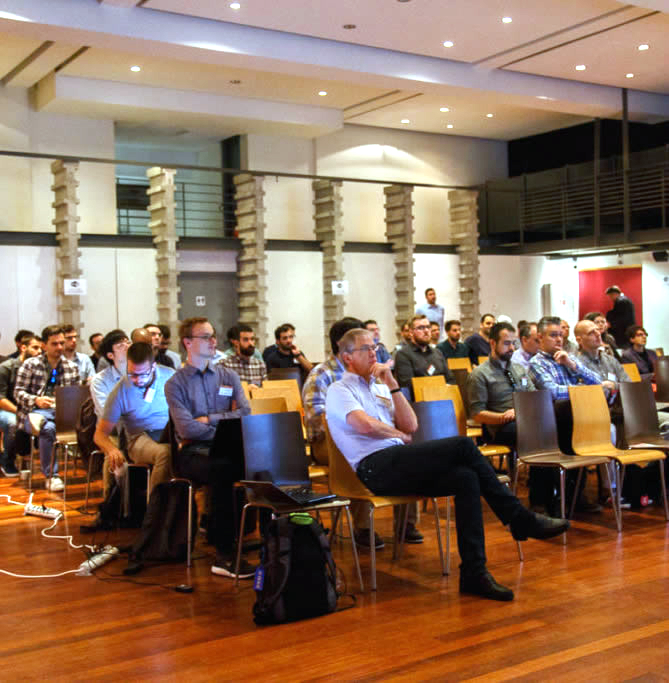
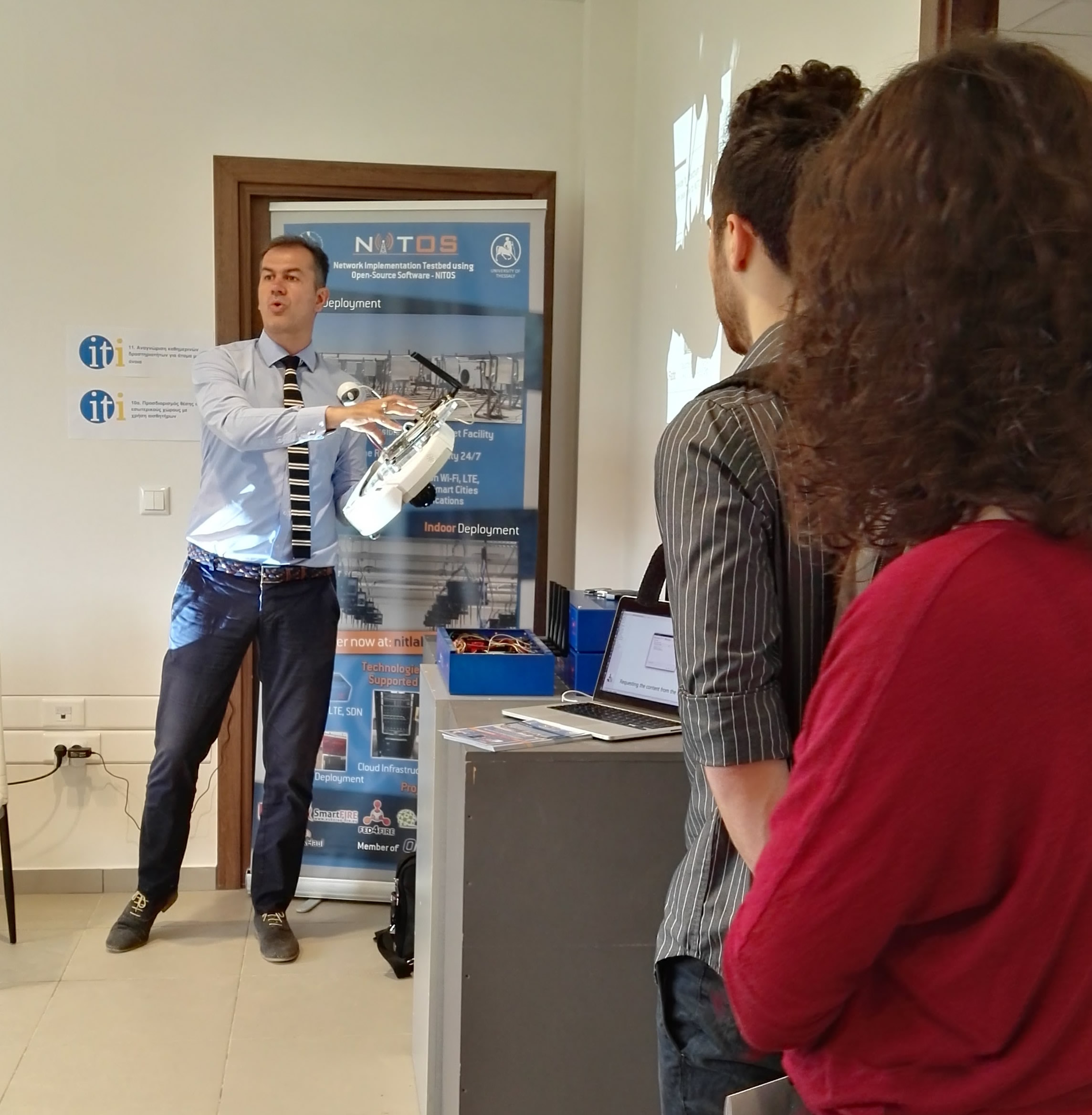
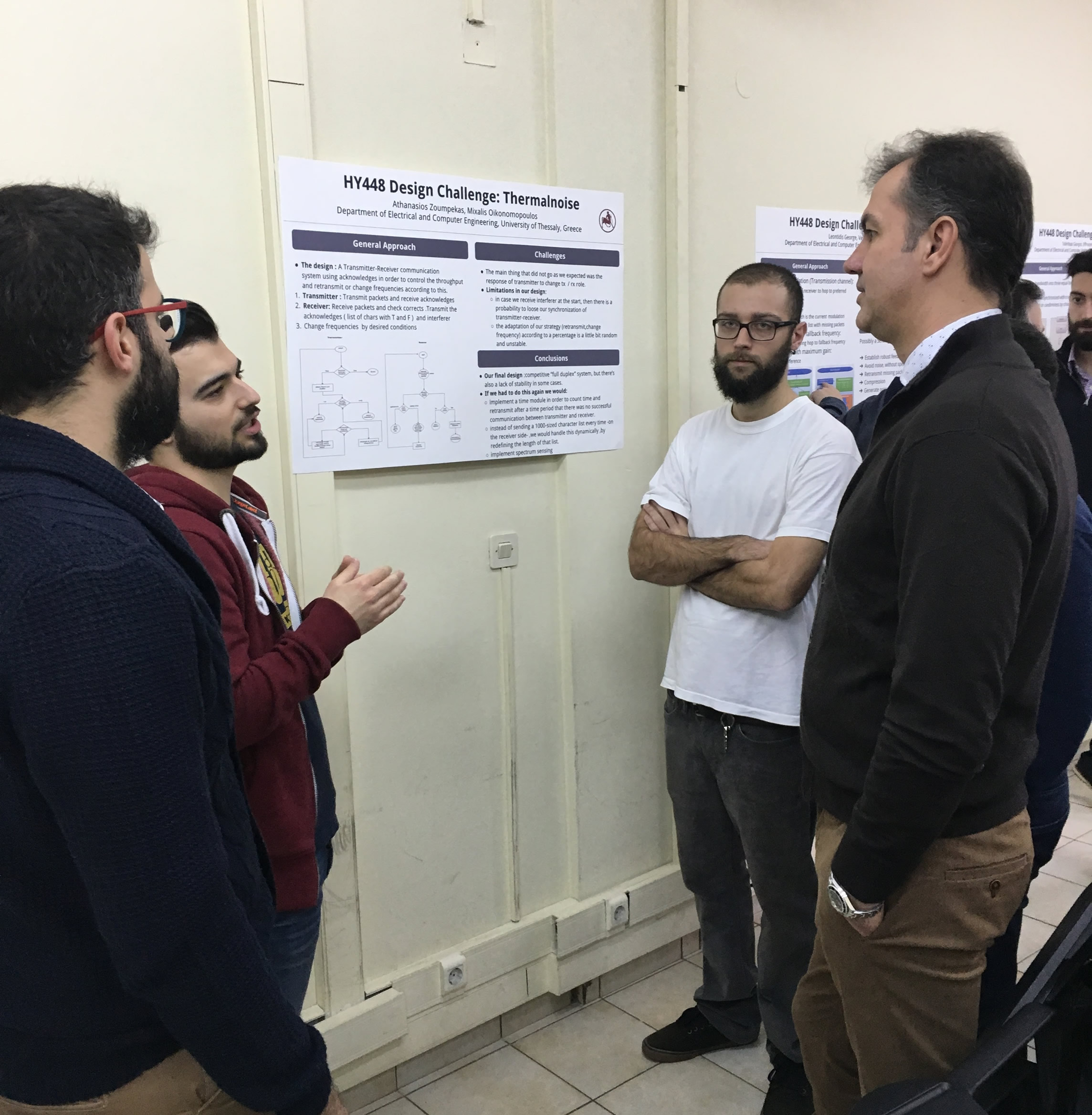

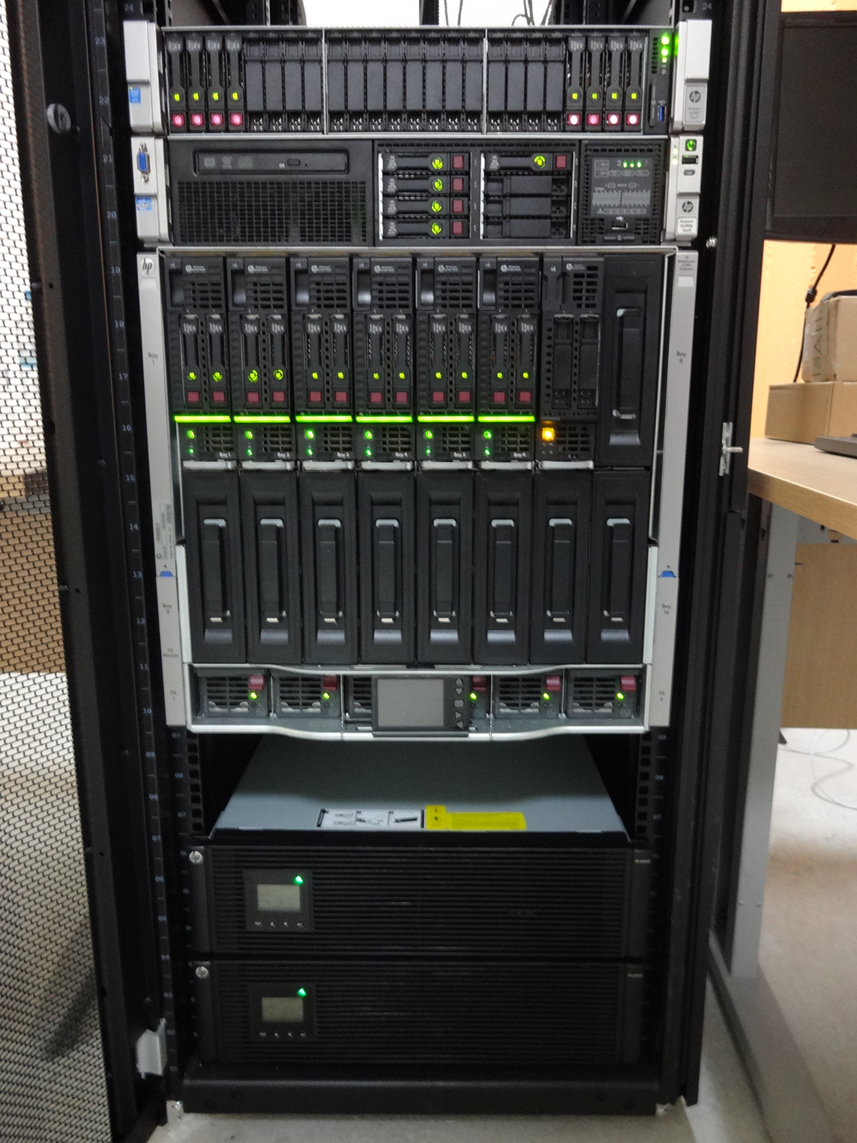 Each blade server has
Each blade server has
